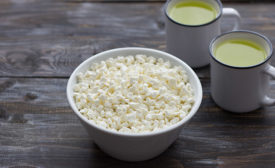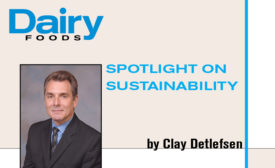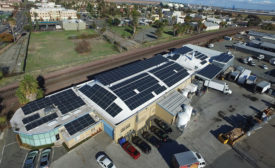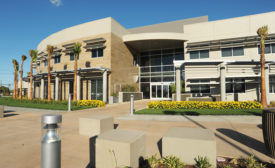Home » Keywords: » sustainable dairy
Items Tagged with 'sustainable dairy'
ARTICLES
Upcycled ingredients, whey from cheesemaking, oat milk byproducts have a second life in other products
Read More
Emmi Group reports sustainability progress
Emmi believes it is on track to achieve its ambitious sustainability targets with a 2027 horizon.
June 5, 2023
Dairy industry need to step up sustainability efforts
The dairy industry is committed to reducing its environmental impacts, but it could do more
April 5, 2018
Sustainability becomes more sustainable in dairy
Companies are going ‘green’ with energy and water conservation, package reductions and more.
October 4, 2017
Counter-point
Dairy farmer responds to Dairy Foods editorial
Fear-based marketing is irresponsible and a race to the bottom.
February 3, 2017
Water Quality Trading is a win-win solution
The EPA notes that nutrient-recovery technologies provide palpable and verifiable nutrient reductions, which can allow for the elimination of the uncertainty ratios.
January 11, 2017
Use these tools to measure sustainability efforts
To reduce GHG emissions further, all segments of the dairy industry must optimize efficiency. That means increasing milk yield per cow, reducing enteric emissions, improving manure handling, optimizing breeding and enhancing cow comfort.
October 11, 2016
Stay ahead of the curve. Unlock a dose of cutting-edge insights.
Receive our premium content directly to your inbox.
SIGN-UP TODAYCopyright ©2025. All Rights Reserved BNP Media.
Design, CMS, Hosting & Web Development :: ePublishing










